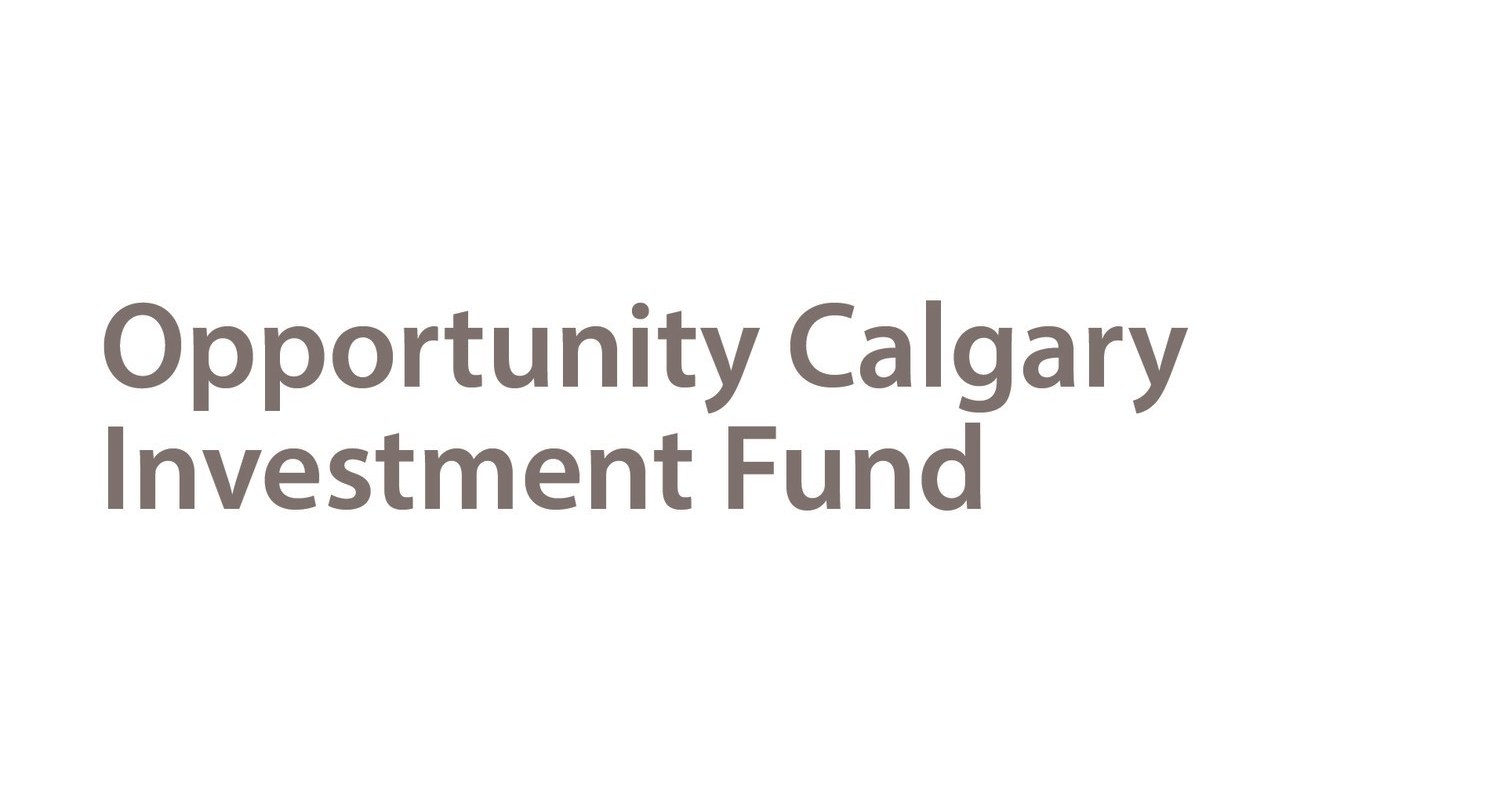No it doesn't. You just wait long enough and time dilutes the value. Perpetual organizations can use very different strategies. Organization that both issue debt and money can use incredibly different strategies.
I think your solutions are viewing things through a very oh no the IMF is going to come knocking 1980s, 1990s fiscal and monetary bound. We just aren't there. We don't need to move as fast.
We aren't anywhere near to a current accounts crisis, where chasing export earnings and reducing imports would be a over riding goal above everything else.
Federal spending on staff isn't out of control. Just a smidgen over 2% a year, which mostly comes from growing the size of the military and RCMP. As does the growth in future benefits, as other public servants have more standard cost shared pensions over longer service requirements. The cost has been dropping as a share of GDP, showing productivity gains too.
View attachment 268631
I think in the short-medium term, the replacement for EI will be much more comprehensive, which will mean gig economy people, entrepreneurs, will be forced to pay into it. The government will subsidize the benefit expansion for this year, and partially next. First, EI premiums will be required by everyone. Then, the rates will have to be adjusted to reflect the economy at that time. Companies with gig workers in Canada but little physical presence may end up with having to contribute as well via a revenue tax of some sort.
Medium-long term, depending on other programming, I think we will also see some changes to capital gains taxation, as it seems the economy is minimizing profit and raising asset prices, which is destabilizing the 'bargain' - double taxation - which justifies lower taxes of capital gains and dividends. I'd wait a few more years for things to calm down before choosing how much more revenue the government needs and where it should come from. A GST hike would make sense in the long run.
Short term, Infrastructure spending growth won't be happening on a wide scale. That sector of the economy is near capacity, and has no need for stimulus. What I can see: universal childcare; implemented at breakneck speed. It is the single largest barrier to full economic recovery. Perhaps a comprehensive retraining program for workers deemed displaced and who are below a certain age (older workers it will make more sense just to bridge them until their pensionable age).










